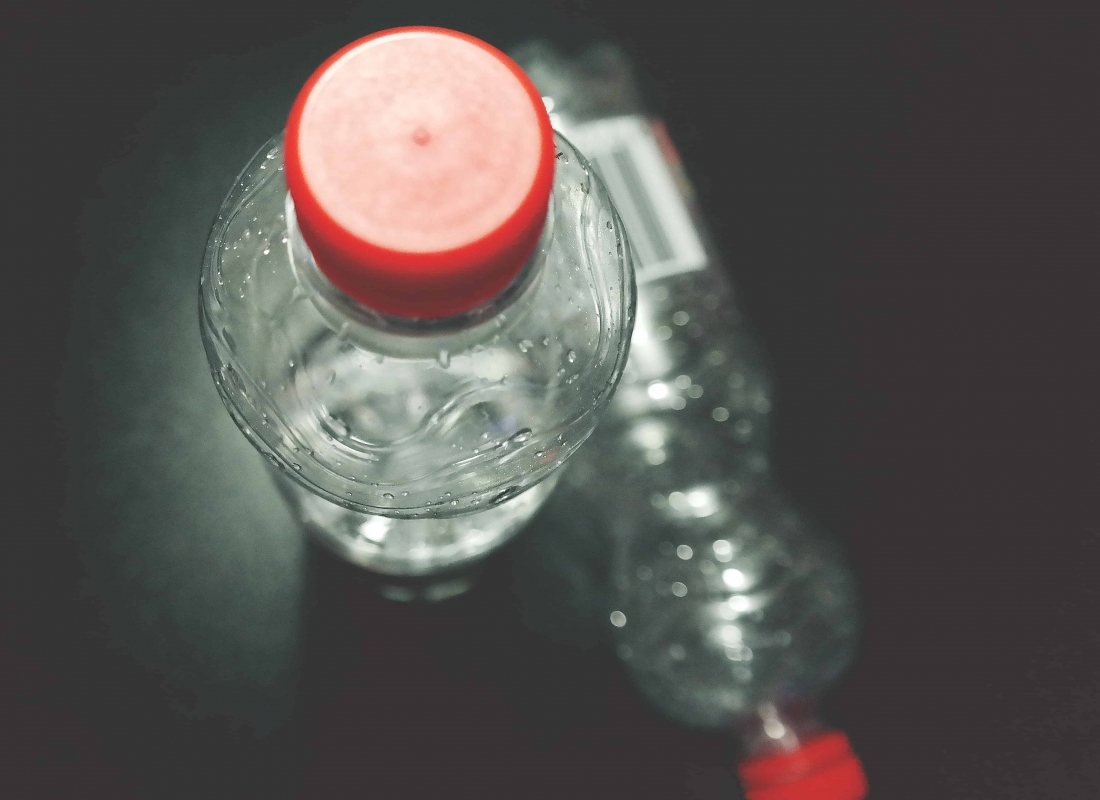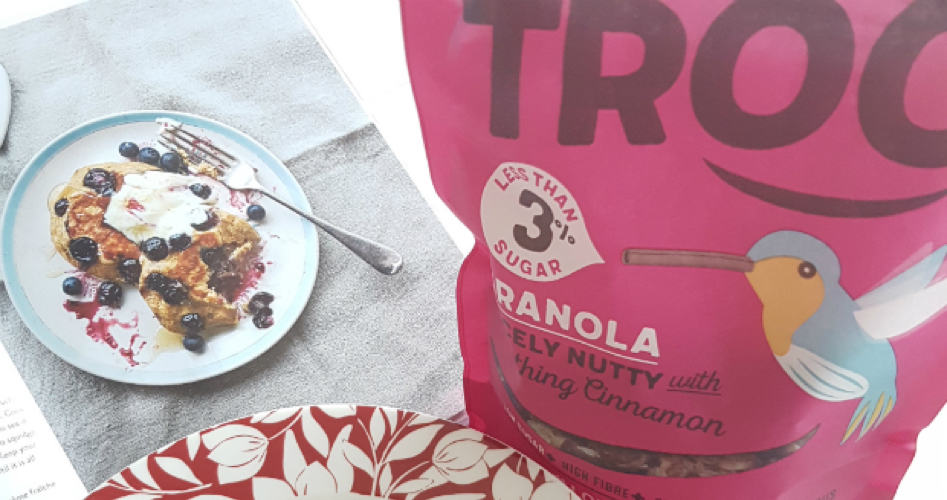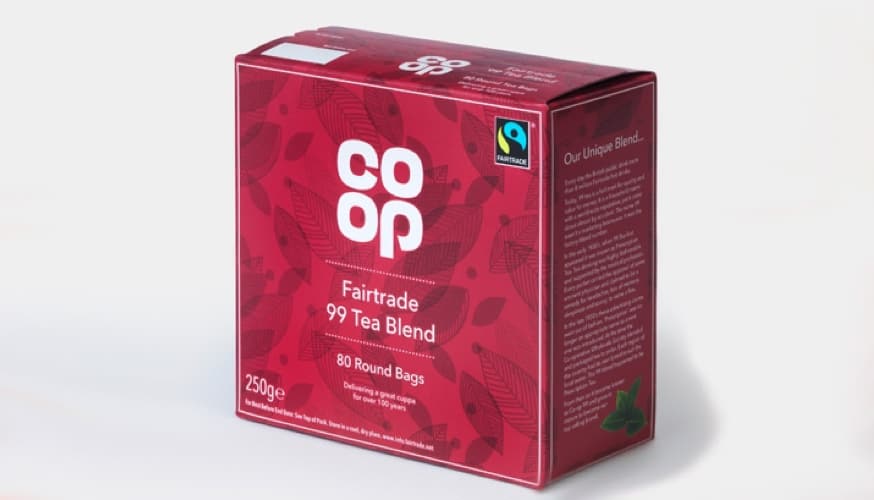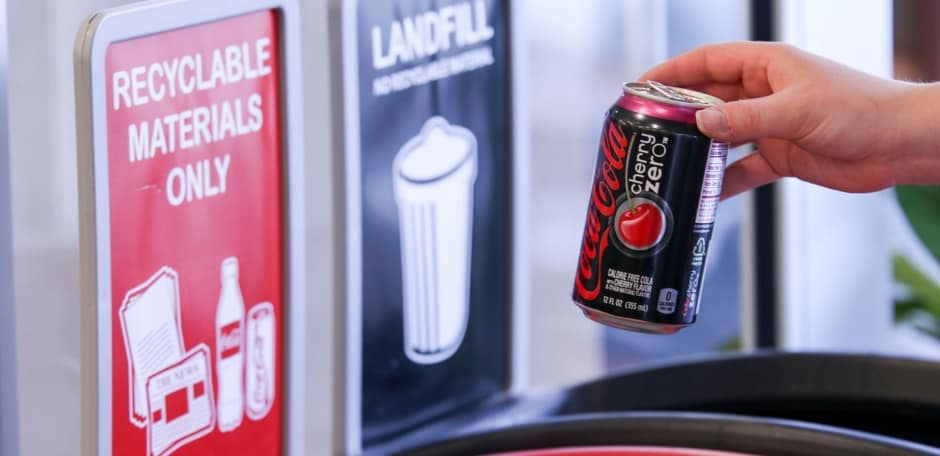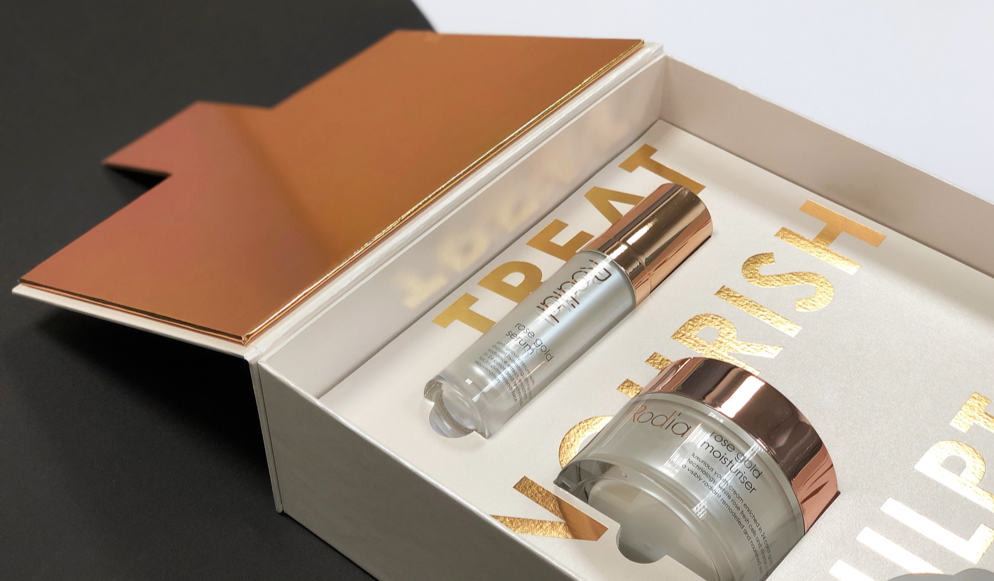‘Going Green’…does anyone care? Well, yes; a great deal, as it happens which is why some of the world’s leading consumer brands are increasingly adopting a more sustainable approach to the way in which their products are packaged.

There was a time when such claims were little more than cynical band-wagon jumping. Not today. Going green now a means avoiding going in the red as the market is increasingly adopting the notion of sustainability as the norm’, not just an option.
One has to go back to the 80s to find an example of an environmental threat so severe that the global population mobilised upon their governments to take action. Then, it was the hole in the ozone layer, caused mainly by CFCs found in everyday aerosols. Governments took action. CFCs were banned. Threat removed. Today, the global environmental threat facing the millennial generation (and everyone else, come to that) is single-use plastic packaging. The problem may not be a new one but the tide of public demand for change is.
In his spring statement, the Chancellor of the Exchequer announced a Call for Evidence from the packaging, design and environmental sector on how to tackle the problem. It seems inevitable that legislation will follow and the smart companies are ahead of the curve on this having already shifted away from single-use plastics to more sustainable packaging. For these leaders, it’s no marketing gimmick but a very real commitment to improve the sustainability of their operations. After all, what point is there in striving for market share if there is no market to sell to?
Page Creative, along with our sister company; EnviroComms have been keeping a watching eye on those companies really pushing forward on sustainable packaging here’s just few that have caught our eye.
B&G
B&G noticed a lack of sustainable materials within food packaging. As a consequence, the brand (in a partnership with HAVI) set out to create the Earth-pouch, a recycled, 100% plastic free pouch. The material was tested with cereal start-up brand Troofoods, whose packaging was printed using compostable plates. True sustainability through the entire supply chain.
B&G hopes that more brands will follow and switch to the environment-friendly option for their packaging by choosing Earthpouch.
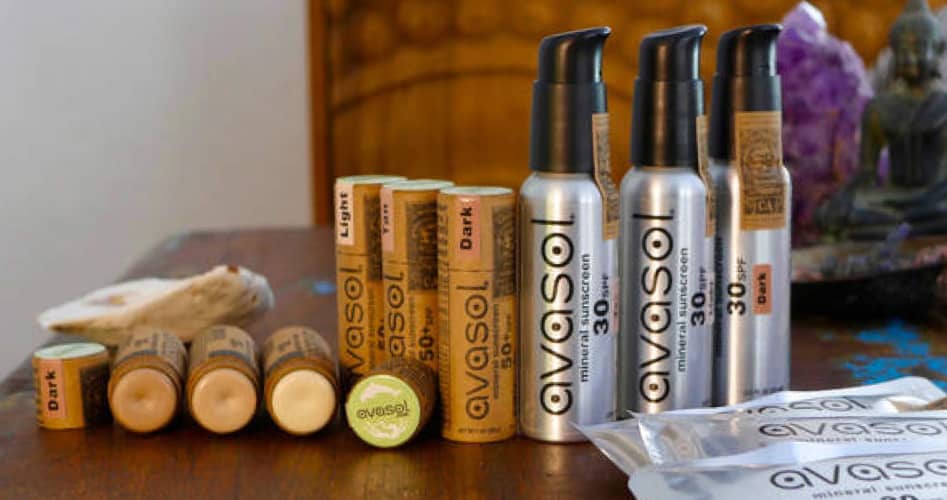
Avasol
The name says it all. “Ava”, from the Samoan word for respect and “Sol” for the Sun that shines life on our planet. Avasol is a skincare brand that is changing the beauty packaging game not just for beauty products, but for product packaging in general.
The company is proud of their environmentally-conscious, bio-based materials as well as the products being refillable, minimising any harm to our planet, all of which is a first in the beauty industry.
Looking good has never been so good (for the planet!)
Co-op
Co-op have long been recognised for their commitment to ethical trading and environmental care so it is little surprise for them to be the first retailer to create a completely biodegradable tea bag. The company has managed to remove polypropylene plastic (which is used to maintain each bag’s shape) by using heat to seal the products.
Although the new and improved bags are not yet available , Co-op hopes to release them into the market soon and believes this will prevent nearly nine tonnes of plastic from being wasted each year.
Worthy of a cuppa!
Coca-Cola
Coca-Cola might not be a brand that is associated with eco-friendly trends but this has more to do with them explaining this rather than any lack of activity.
For many years now, the company has been the world’s largest recycler of glass – and largest user of recycled glass. Around the world, it invests $billions in to the recycling industry supporting start-up recycling enterprises where no systems currently exist.
The company is making additional efforts to further reduce the environmental impact of their products which will, hopefully, inspire other big companies to do the same.
Coca-Cola promises to double the recyclable materials in their bottles to a 50% by 2020.

